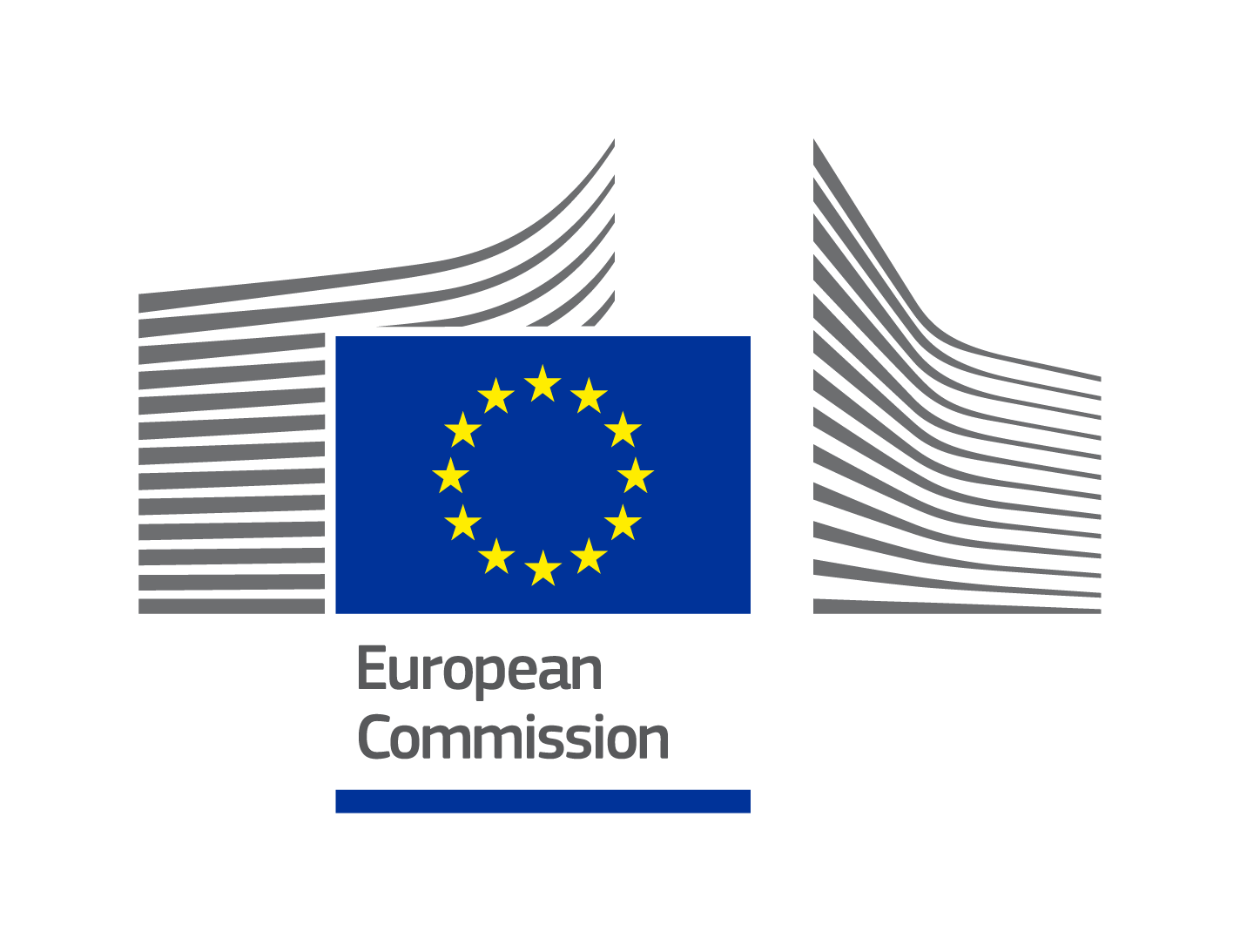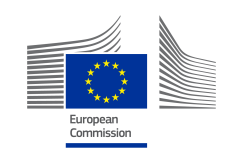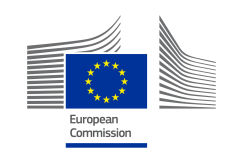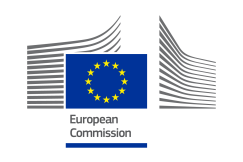Legislation
01 June 2025
Guidelines for sustainability agreements in agriculture
Legislation
01 June 2025
1. Healthy, balanced and sustainable diets for all European consumers
2. Prevention and reduction of food loss and waste
3. A climate - neutral food chain in Europe by 2050
+4 more
Login / create an account to be able to react
-
7

Article 101 of the Treaty on the Functioning of the European Union generally restricts anti-competitive agreements between companies; however, Article 210a of Regulation 1308/2013 provides an exception for certain agreements in the agricultural sector that are essential for achieving sustainability standards beyond legal requirements.
The Guidelines for sustainability agreements of agricultural producers clarify how agricultural stakeholders can develop joint sustainability initiatives under this exception. The exclusion applies only to agreements involving agricultural producers or their partnerships within the agri-food supply chain, focusing on environmental protection, reduced pesticide use, antimicrobial resistance, and animal health and welfare.
Editorial team
European Commission - DG COMP
Topics
EU-27
Academic / Research and VET Institutions
Business Support Organisation
Company with 250 or more employees
Cluster Organisations
Consumer Organisations
Cultural and Heritage Organisations
Destination Management & Marketing Organisations
EU Institutions
Financial Institutions and Investors
Industry Associations and Chambers of Commerce
International Organisations
Local Authorities
Media / Journalist Organisations
National authorities
Networks and Federations / Confederations
NGOs / Non-profits
Notified Bodies
Regional Authorities
SMEs (a company with less than 250 employees)
Social Economy Entity
Trade Unions
Other
-
CoC aspirational objectives
-
-
1. Healthy, balanced and sustainable diets for all European consumers
-
2. Prevention and reduction of food loss and waste
-
3. A climate - neutral food chain in Europe by 2050
-
4. An optimised circular and resource-efficient food chain in Europe
-
5. Sustained, inclusive and sustainable economic growth, employment and decent work for all
-
6. Sustainable value creation in the European food supply chain through partnership
-
7. Sustainable sourcing in food supply chains
-
Share
Article 101 of the Treaty on the Functioning of the European Union (TFEU) generally restricts agreements between companies that could negatively impact competition, such as those leading to higher prices or reduced output. However, within the agricultural sector, Article 210a of Regulation 1308/2013 offers an exception for certain restrictive agreements. This exception applies when such agreements are essential for achieving sustainability standards that go beyond what is mandated by EU or national legislation.
The Guidelines for sustainability agreements of agricultural producers provide detailed insights on how stakeholders in the agri-food sector can craft joint sustainability initiatives that comply with Article 210a.
The Guidelines specifically outline that the exclusion is applicable only to agreements involving agricultural producers or partnerships between these producers and other participants in the agri-food supply chain, such as suppliers, distributors, transportation, and packaging entities. It clarifies that agreements not involving agricultural producers or those unrelated to agricultural products are not eligible for this exclusion.
Only sustainability objectives related to environmental protection, pesticide use reduction, antimicrobial resistance, and animal health and welfare qualify under the guidelines. This means that agreements solely pursuing economic or social sustainability goals, such as fair wages for farmers, are not covered by the exclusion.
Furthermore, to benefit from the exclusion, parties to an agreement must establish and adhere to sustainability standards that exceed existing legal requirements, if even slightly. These standards must be indispensable to achieve the sustainability objectives, implying that the agreement must include any restrictions on competition needed to reach these objectives. For instance, producers could agree on financial arrangements to offset additional costs or provide incentives for adopting these higher standards. However, excluding goods or operators from other Member States is generally not considered indispensable for achieving these sustainability goals.
The Guidelines also define the scope for competition authorities to intervene after the implementation of sustainability agreements. Should such agreements result in unreasonable price increases for consumers or lead to the elimination of products with significant demand, competition authorities retain the right to step in, requiring modifications or cessation of the agreements to ensure they do not adversely affect the market or consumer interests.
Related regulations:
Guidelines on the exclusion from Article 101 of the Treaty on the Functioning of the European Union for sustainability agreements of agricultural producers
Regulation (EU) No 1308/2013 establishing a common organisation of the markets in agricultural products
Article 101 of the Treaty on the Functioning of the European Union
Comments (0)
See also
-
2
Guidelines for State aid in the agricultural and forestry sectors and in rural areas
- Categories
- 2. Prevention and reduction of food loss and waste 3. A climate - neutral food chain in Europe by 2050 4. An optimised circular and resource-efficient food chain in Europe +3 more
-
6
Guidelines on horizontal cooperation agreements
- Categories
- 2. Prevention and reduction of food loss and waste 3. A climate - neutral food chain in Europe by 2050 4. An optimised circular and resource-efficient food chain in Europe +3 more
-
2
De Minimis Regulation
- Categories
- 2. Prevention and reduction of food loss and waste 3. A climate - neutral food chain in Europe by 2050 4. An optimised circular and resource-efficient food chain in Europe +3 more




